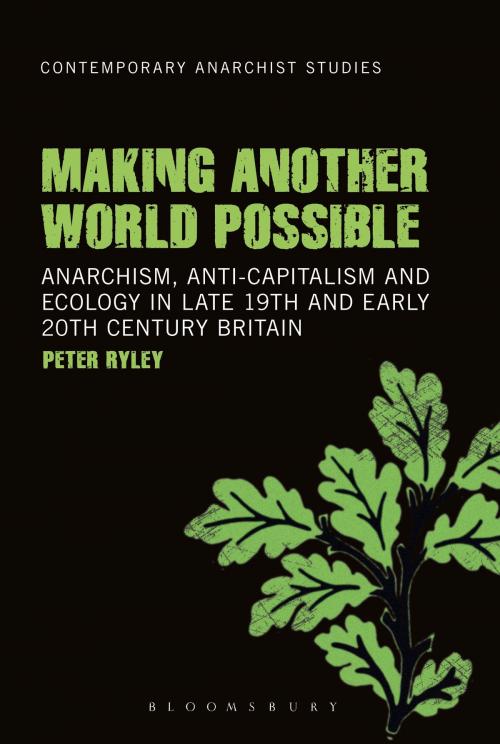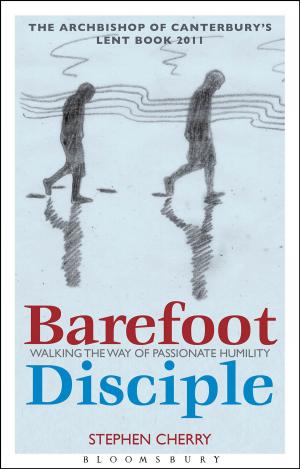Making Another World Possible
Anarchism, Anti-capitalism and Ecology in Late 19th and Early 20th Century Britain
Nonfiction, Religion & Spirituality, Philosophy, Political, Social & Cultural Studies, Political Science| Author: | Dr. Peter Ryley | ISBN: | 9781441113313 |
| Publisher: | Bloomsbury Publishing | Publication: | July 18, 2013 |
| Imprint: | Bloomsbury Academic | Language: | English |
| Author: | Dr. Peter Ryley |
| ISBN: | 9781441113313 |
| Publisher: | Bloomsbury Publishing |
| Publication: | July 18, 2013 |
| Imprint: | Bloomsbury Academic |
| Language: | English |
Making Another World Possible identifies the British contribution to the genealogy of modern green and anti-capitalist thinking by examining left libertarian ideologies in the late 19th and early 20th century Britain and highlighting their influence on present day radical thought.
As capitalism heralded the triumph of technology, greater production, and a new urban industrial society, some imagined alternatives to this notion of progress based on endless economic growth. The book examines the development of ideas from these dissidents who included communists, class warriors, free thinkers, secularists, and Christian communitarians. All shared the same beliefs that the benefits of industrialism could only be realized through equality and that urban culture depended on a healthy agriculture and harmony with the natural world - concerns that are still of great importance today.
This distinctive history of anarchist ideas reappraises the work of thinkers and revises the historical picture of the radical milieu in 19th and 20th century Britain. It will be an essential resource to anyone researching the history of ideas and studying anarchism.
Making Another World Possible identifies the British contribution to the genealogy of modern green and anti-capitalist thinking by examining left libertarian ideologies in the late 19th and early 20th century Britain and highlighting their influence on present day radical thought.
As capitalism heralded the triumph of technology, greater production, and a new urban industrial society, some imagined alternatives to this notion of progress based on endless economic growth. The book examines the development of ideas from these dissidents who included communists, class warriors, free thinkers, secularists, and Christian communitarians. All shared the same beliefs that the benefits of industrialism could only be realized through equality and that urban culture depended on a healthy agriculture and harmony with the natural world - concerns that are still of great importance today.
This distinctive history of anarchist ideas reappraises the work of thinkers and revises the historical picture of the radical milieu in 19th and 20th century Britain. It will be an essential resource to anyone researching the history of ideas and studying anarchism.















